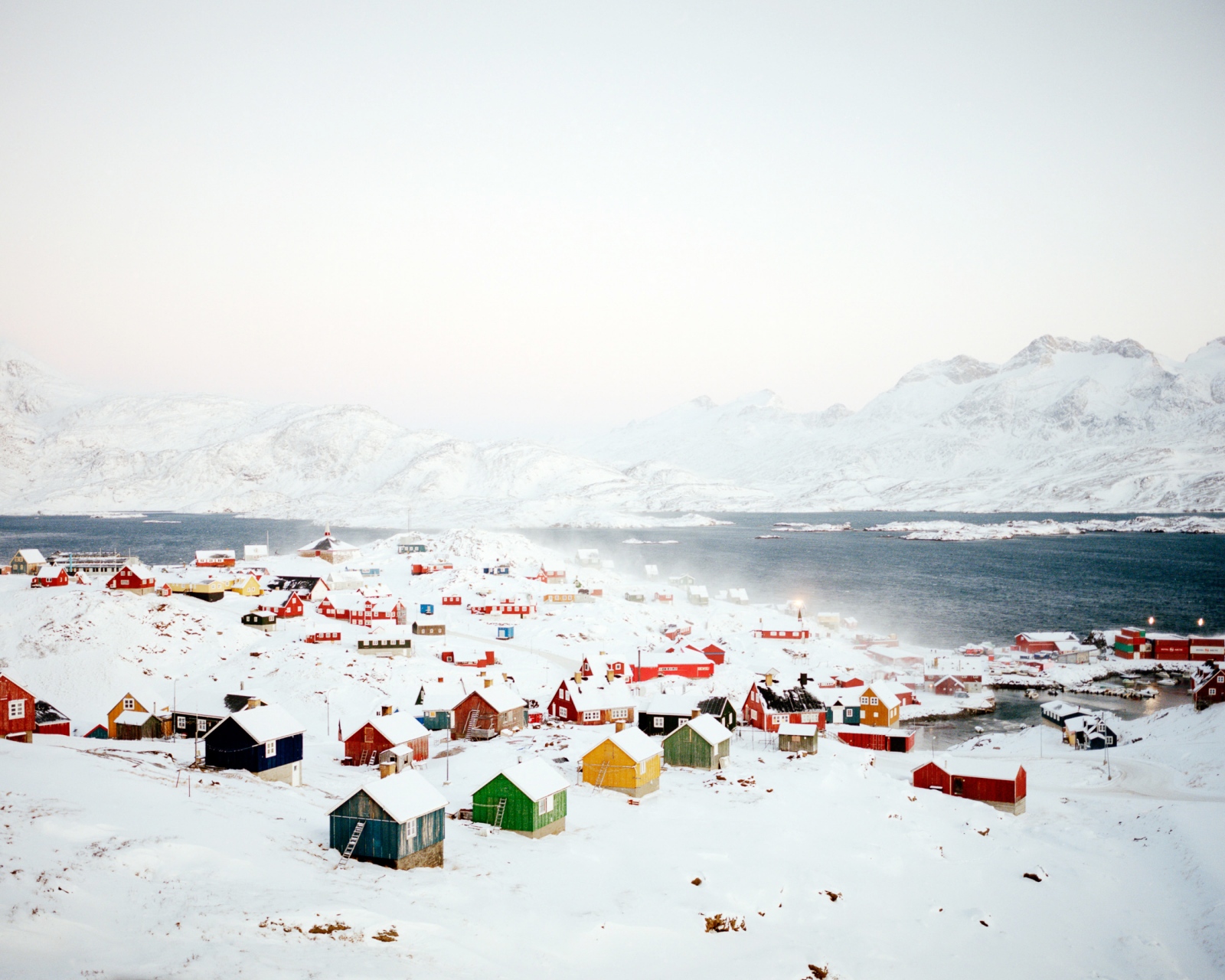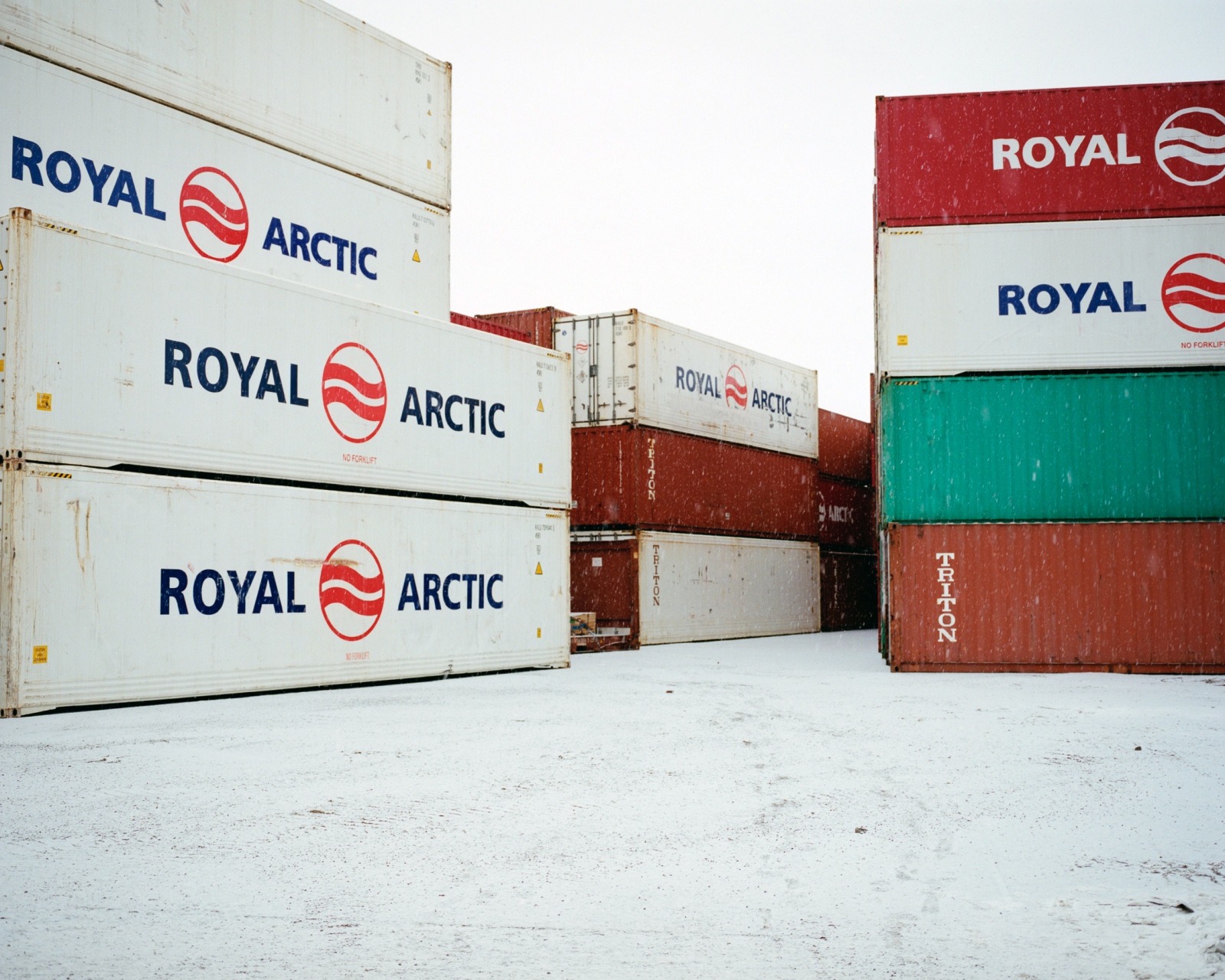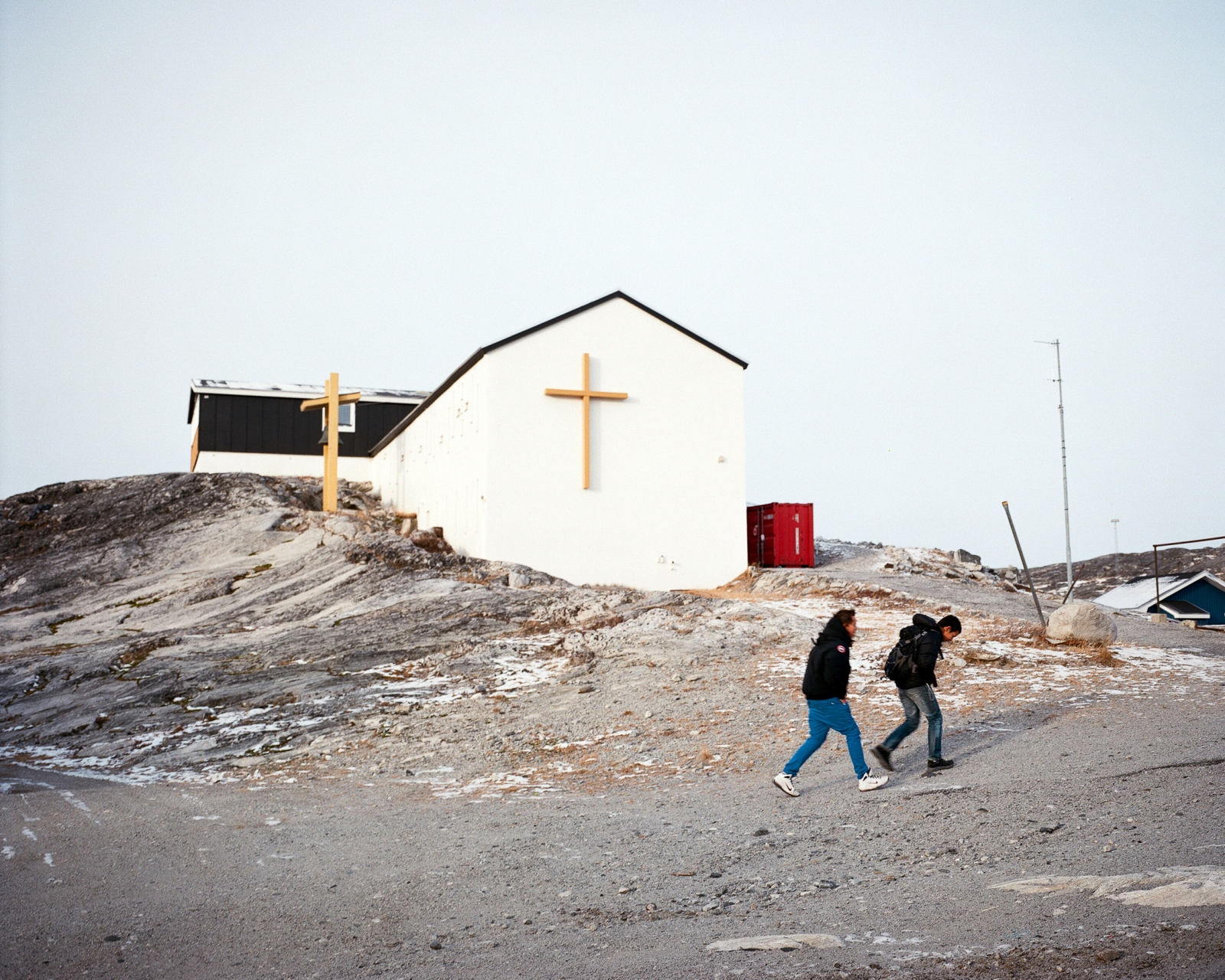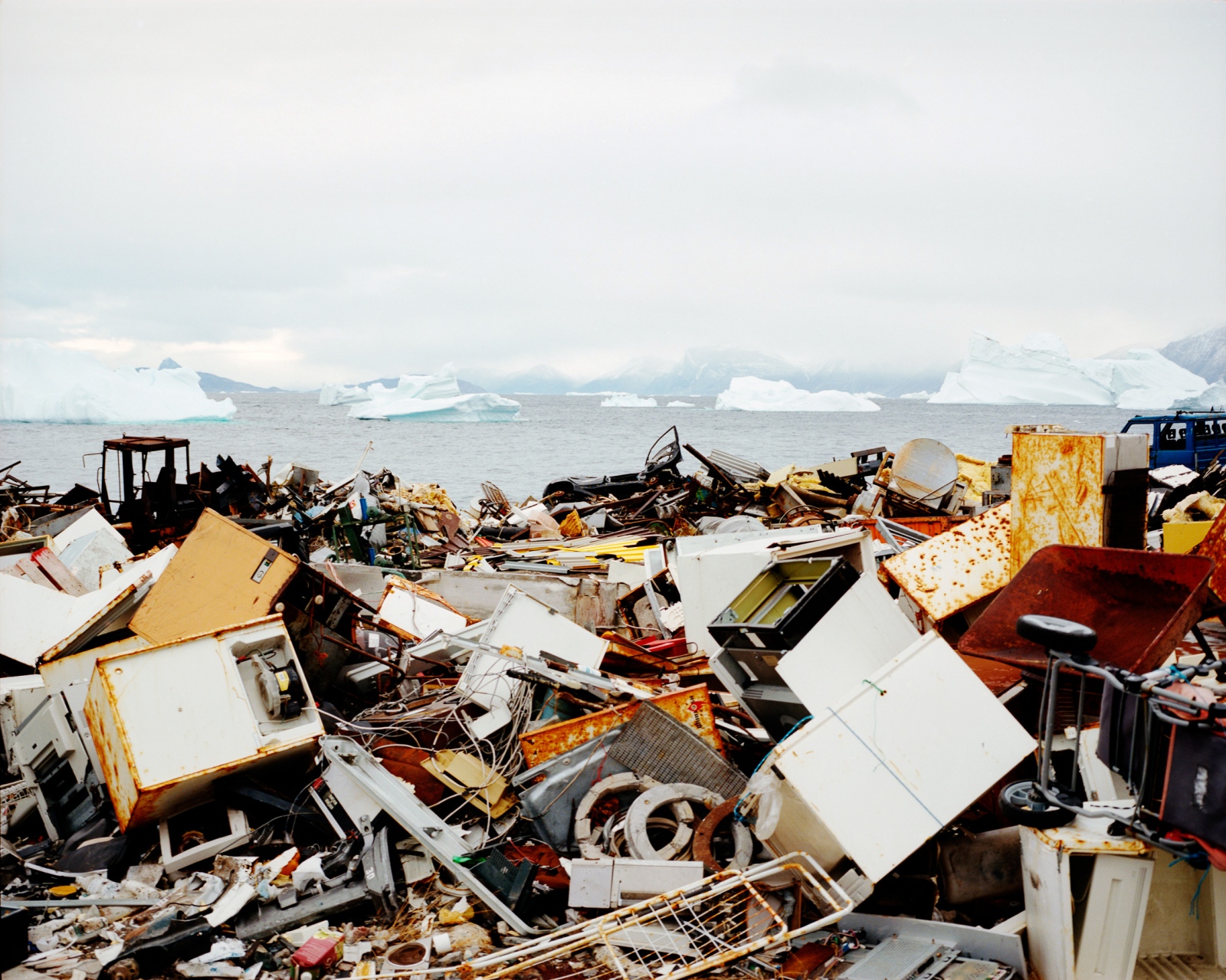Public Project
Whiteland
Greenland is going through very important changes these recent years. Within two generations Greenlanders went from a traditional hunting and fishing life to a western-like way of life. How do youngsters from Greenland coop with this mutation?
Greenland draws attention of many because of its geostrategic situation. The land holds oil, gas, rare earth, uranium and other minerals in large quantity as well as fresh water. The think-tank named «Club of Rome» forecasts that thanks to this, Greenland might become independent from Denmark within the next 5 to 10 years (2012). A report from this think-tank says that «the new mineral discoveries have the ability to transform the ice capped island in the Saudi Arabia of the Arctic».
At the same time, Greenlanders are facing heavy social issues. Statistics shows that Greenland holds the world largest suicide rate. This «epidemic» mostly affect youngsters. Even if the researcher Jack Hicks (Canada) says that since few years, thanks to an improving healthcare system and a better education, the suicide rate started to decline. But specialists still deplore the high suicide rate among youngsters.
The Greenlandic youngsters of today will belong to the world leaders of tomorrow. While living this today’s social issues, how do they feel about this tomorrow’s challenges? How do they foresee these transformations? How do they imagine their future in this new Greenland? Why are they now going through this crisis?
Greenlanders deeply live in the present. This questions remain with no answer. But one thing is certain: they do have a great sens of adaptation.
Story lead in October and November 2012 with Virginie Terrasse
Le Groenland traverse une phase de transformation sans preÌceÌdent. En deux geÌneÌrations les Groenlandais sont passeÌs d’une vie traditionnelle reposant sur la chasse et la peÌ‚che aÌ€ un mode de vie moderne « aÌ€ l’occidental ». Mais comment la jeunesse locale vit cette mutation ?
Le Groenland attire l’attention de beaucoup, notamment en raison de sa position geÌostrateÌgique. Son territoire receÌ€lerait 20% des reÌserves mondiales en peÌtrole, du gaz, des terres rares, de l’uranium, une treÌ€s grande quantiteÌ de diffeÌrents mineÌraux, ainsi que de l’eau douce. Le groupe de réflexion du « Club de Rome », preÌvoit que graÌ‚ce aÌ€ ses ressources le Groenland pourrait acqueÌrir son indeÌpendance totale face au Danemark dans les 5 aÌ€ 10 prochaines anneÌes. Les nouvelles deÌcouvertes minieÌ€res pourraient transformer cette iÌ‚le en «Arabie Saoudite» de l’Arctique.
ParalleÌ€lement, les Groenlandais sont confronteÌs aÌ€ de graves probleÌ€mes sociaux. Notamment, les statistiques deÌcrivent un territoire deÌtenant le taux de suicide le plus eÌleveÌ au Monde. Cette « eÌpideÌmie » est particulieÌ€rement seÌveÌ€re chez les jeunes.
Ces jeunes du Groenland d’aujourd’hui seront les leaders de demain. Alors qu’ils vivent maintenant cette crise sociale et identitaire, comment vont-ils affronter les deÌfis aÌ€ venir ? Comment appreÌhendent-ils les transformations ? Comment imaginent-ils leur futur dans ce nouveau Groenland ? Pourquoi traversent-ils aujourd’hui cette crise identitaire ?
Les Groenlandais vivent profondément dans le présent. Ces questions nous sont restées sans réponse. Mais une chose est sûre : les inuit du Groenland ont un grand sens de l'adaptation.
reportage réalisé entre octobre et novembre 2012 avec Virginie Terrasse
13,875





















